Featured News - Current News - Archived News - News Categories
Adult Education is Key Component in Workforce Training
Yet, nearly half of the U.S. workforce—about 88 million of 188 million adults aged 18 to 64—has only a high school education or less, and/or low English proficiency.
Research by Hoover Institution economist Eric Hanushek has demonstrated that cognitive skills have powerful effects on the economic growth of nations. In one of his studies, Hanushek wrote that “[a] more skilled population—almost certainly including both a broadly educated population and a cadre of top performers—results in stronger economic performance for nations.”Adults with a high school diploma are more likely to work full-time and average 20% higher earnings ($30,000), well above the poverty line for a family of four.
What Is Adult Education?
Adult education serves adults, 16 years of age and older, who are no longer enrolled in school, or required by state law to be enrolled, and who are functioning below the high school completion level. Services include teaching foundation skills in the disciplines of reading, math, and English, coupled with college and career readiness skills that lead to employment or the transition to postsecondary education. Public schools, community colleges, libraries, and community-based organizations offer programs at the local level.
Providers of adult education are accountable for improving the literacy and numeracy skills of their students as measured by regularly-administered standardized assessments, transitioning students to postsecondary education, employment or job training, the attainment of a high school diploma or its equivalent, and earnings outcomes. Adult educators also help parents obtain the educational skills necessary to become full partners in the education of their children.
Low education and skill levels of adults are fundamental barriers to virtually every major challenge facing the United States, including early childhood education, education reform, economic development, and improving the health and well-being of the nation’s families and communities.
WIOA recognizes the crucial role adult education plays in teaching English and civics and preparing adults to enter the workforce or improve their employment status. WIOA established adult education as one of four key partners in a system of education and training that emphasizes greater integration of adult education and the workforce system and greater emphasis on college and career readiness. Adult education is now a key element in a comprehensive system of education and training.
WIOA cannot succeed unless Congress supports it adequately. Adult education grants are currently funded at $644 million, well below the $649.3 million bipartisan, unanimously authorized amount for FY 2018 in WIOA.
Please visit educateandelevate.org or contact us at [email protected]/888-442-6223.
From our friends at COABE/Educate & Elevate




